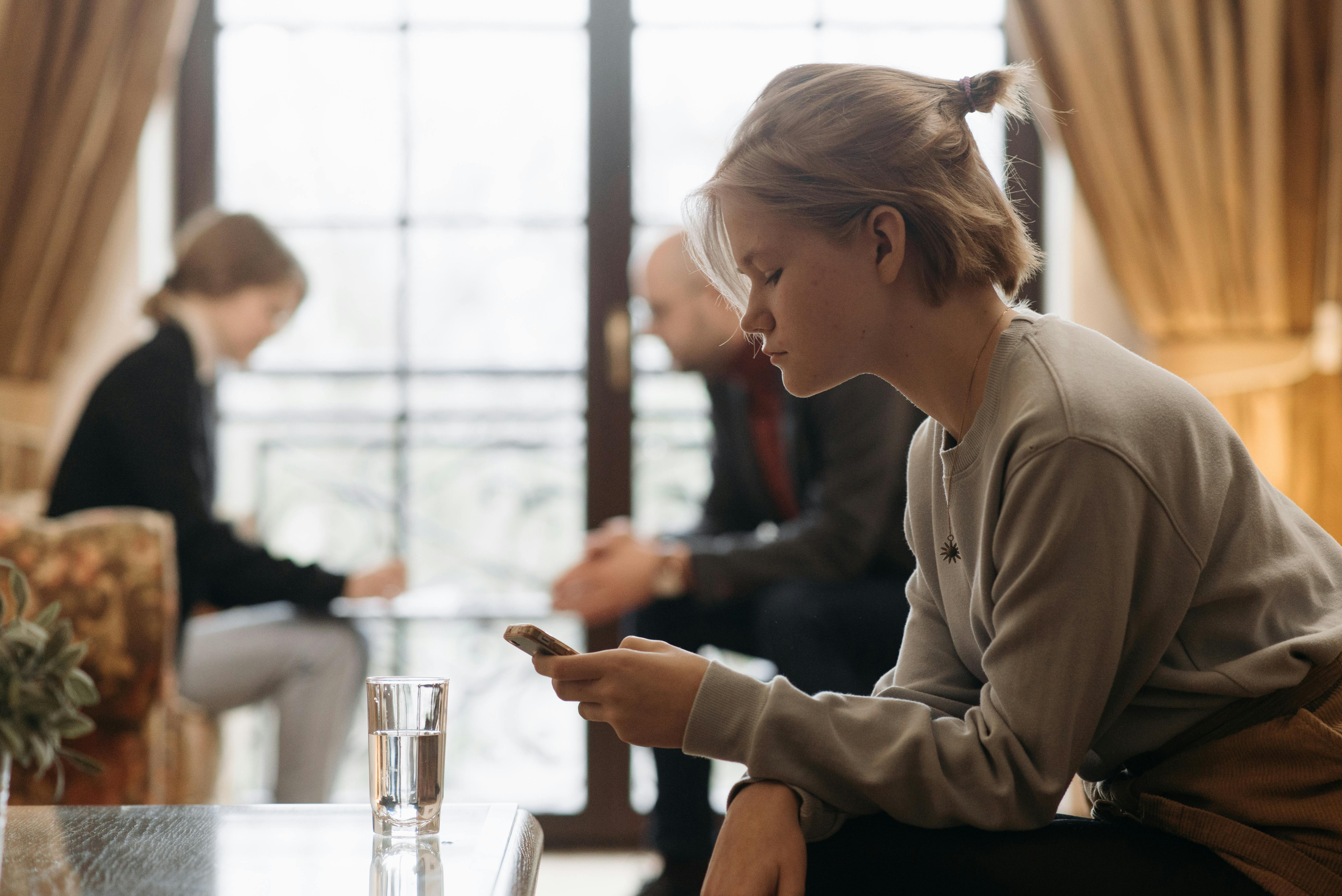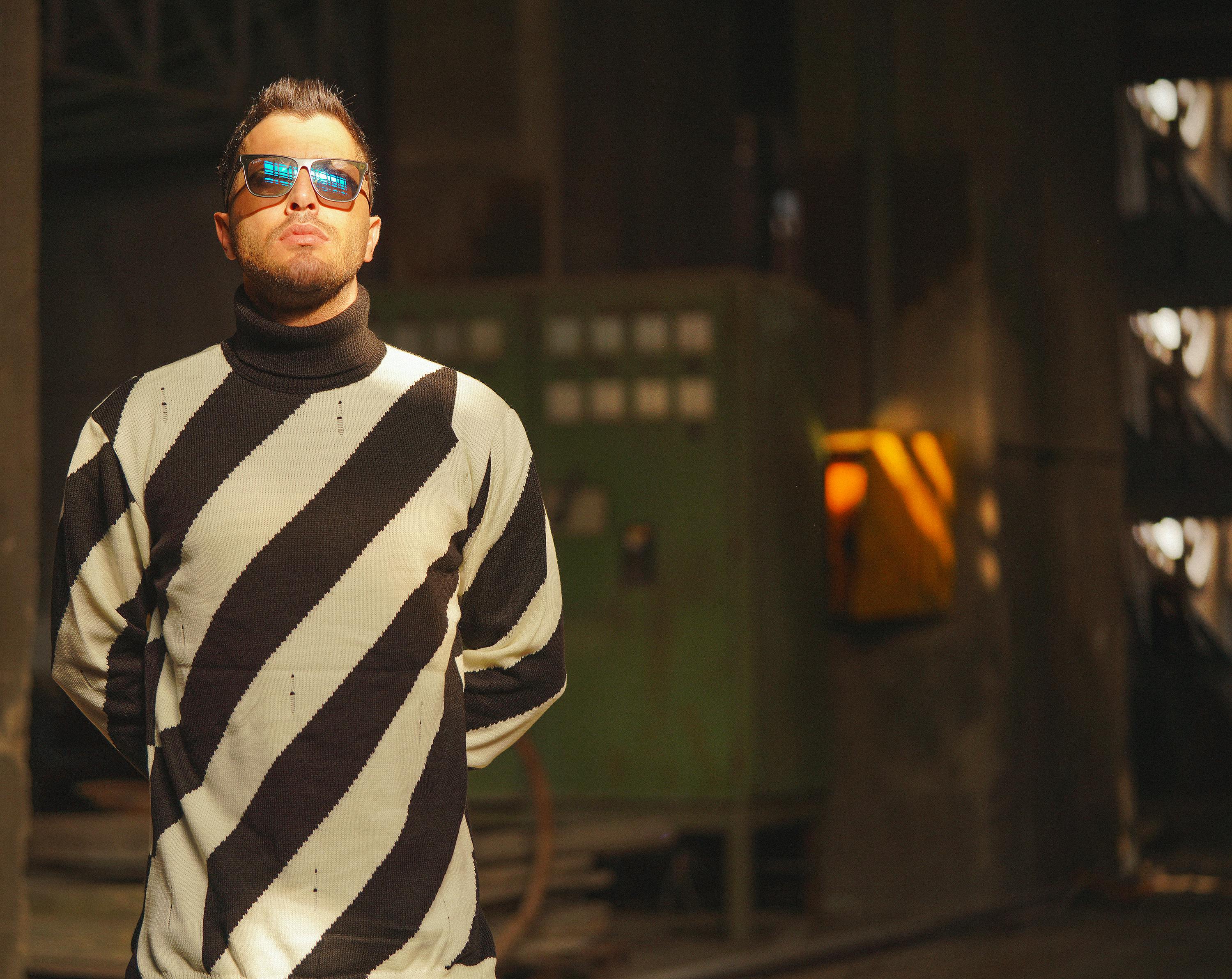In the early years, when children show the slightest sign of anxiety or restlessness, most parents make a big deal out of it. Some even rush to seek medical help. But most of the time, this turns out to be a “false alarm”. In the process of growing up, children will face many situations where they need to take a look at the real world. This process exposes them to new people, places, and situations that can make them feel lost or worried. Anxiety, in this form, is a common emotion in children and adolescents, and it usually goes away over time. All children get sad, worried and sometimes depressed. But they get over it in a day or two.
However, it is clear that some do not. According to the Anxiety and Depression Association of America, anxiety disorders are the most common form of mental illness. They affect 40 million adults, 90% of whom have struggled with childhood anxiety at some point in their growth. It may be groping, but some experts believe that the cause of anxiety is in the genes. Others are equally adamant that most fears are acquired during childhood and that genetic predisposition has little to do with it. However, the one thing that is out of the question is that in households where one parent suffers from an anxiety disorder, the children are likely to be affected by it.
So what is anxiety? Anxiety is a mental condition that, in contrast to the transient fear or worry that everyone faces, persists unchecked for a period of time and leaves the sufferer in significant distress. This usually becomes the cause of undermining a child’s confidence and disturbed relationships at home and school. The doubt increases as the children become extremely critical of themselves. This usually happens to 1 in 5 children until their teens, but fortunately, most of them outgrow it and never experience any mental illness in later years.
But sadly, those with uncontrolled anxiety will add to the tally of adults suffering from one anxiety disorder or another. According to Dr. Golda Ginsburg, a psychologist and professor of psychiatry at Johns Hopkins University, USA: “Anxiety is considered a gateway disorder because children who have these illnesses are more likely to have adult psychiatric problems such as depression”. Furthermore, the World Health Organization says that anxiety and depression, which have much in common, could be the second leading causes of disability worldwide by 2020.
Since monitoring children’s mental health is vitally important, are parents who overlook symptoms of an impending anxiety disorder to blame? Not really, as the early signs are often interpreted as “bad moods.” In the context of today’s world, most couples have a lot of work ahead of them. And even the most devoted discover that there is no system to discover any unusual behavior in their “little ones” without delay. Usually, it is silent protests or prolonged acts of withdrawal that make parents realize that something may not be right with their child.
A frequently asked question is whether school-age children or even young children are likely to be depressed. “Absolutely,” says Marilyn B. Benoit, MD and former president of the American Academy of Child and Adolescent Psychiatry at Georgetown University, Washington: “In preschool and school, children suffer from depression.” It is estimated that approximately 6% of children and young people have an anxiety disorder severe enough to require treatment. Of older children, the Nuffield Foundation’s Changing Adolescence Program states: “The proportion of 15- to 16-year-olds who report frequently feeling anxious or depressed has doubled in the last 30 years.”
When it comes to treating childhood anxiety disorders, scientific studies show that Cognitive Behavioral Therapy (CBT) is often the most effective option. Cognitive therapy looks at how negative thoughts cause anxiety, while behavioral therapy looks at how people behave and react in situations that trigger anxiety. CBT gives you the tools to teach your child to learn to relax. This helps eliminate fears and makes one look at life in a less worrying way. When it comes to medication, the US Food and Drug Administration has not made recommendations for children with GAD, so it is up to the discretion of doctors to prescribe medications intended for adults in doses appropriate for children . At best, this is little more than trial and error.
Other options are available, but it is recommended that you treat your child at home. All you need to help you is an affordable, easy-to-follow system that provides guaranteed results. The Anxiety Free Child Program is recognized worldwide as a comprehensive and award-winning system. It has worked wonders for thousands of parents… Look how well it works for you.




